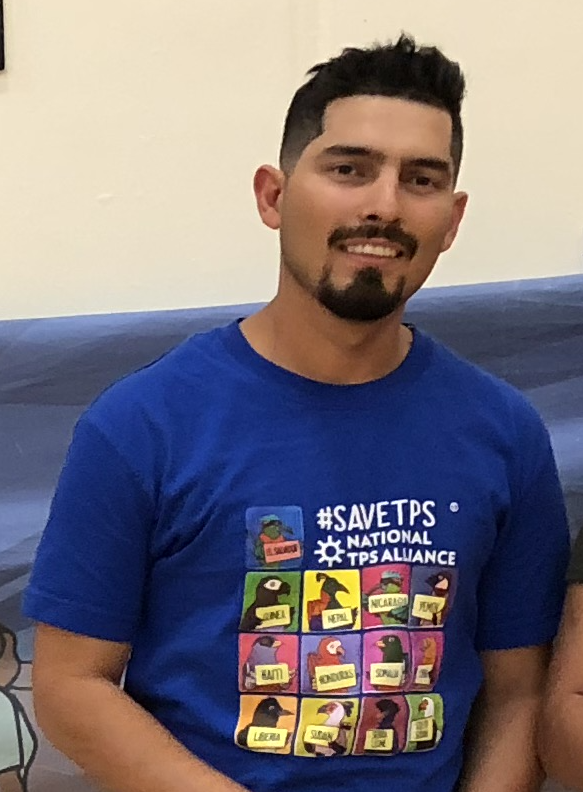Rosa*, a youth worker at a school in St. Paul, MN, was born and raised in St. Paul. So were all of her brothers and sisters and her nine-year-old son. Despite their U.S. citizenship, they are threatened by the Trump administration’s move to end Temporary Protected Status (TPS) for residents of El Salvador and a dozen other countries. Though they are U.S. citizens, they could lose their mother, a Salvadoran national who has lived in this country for 29 years.
Rosa grew up in what is called a mixed-status family. Her mother had TPS protection and a work permit. Her father, a Mexican national, was undocumented. The children were all U.S. citizens. Her father was deported seven years ago. Now her mother is threatened with the end of her TPS status.
“I only realized her status about four or five years ago,” Rosa says. “She would just tell me ‘I have a work permit.’ These are not conversations families have until they have to bring it up. You don’t talk about not having documents with your children ever – just when it has to come up.”
Rosa’s mom has worked while raising seven children. After she and Rosa’s dad were divorced, she remarried about nine years ago. Her second husband, a legal permanent resident, petitioned for her to get a permanent resident visa as his spouse. (That’s one of a few kinds of family visas available under law.) That petition has been pending for years, with no response from the government.
“Now that I have a stable enough job to be considered a sponsor,” Rosa has filed her own petition for her mother to be granted a permanent resident visa. Her mother is eligible as the mother of a U.S. citizen over the age of 21, another kind of family visa. While she is optimistic about the chances of approval, “there is the fear that she could be told to leave before we get through the process,” Rosa says. That process can take “from six months to eight years,” she says. The backlog for family visa petitions is long and growing.
Rosa and her mother have decided to tell their stories to help others. “The knowledge of what it would feel like if she weren’t here any more makes me think of others who are in imminent danger,” Rosa says. Some 275,000 U.S. citizens are children of parents with TPS.
For now, a temporary injunction from a federal court protects TPS holders, but that is no guarantee for the future. If you want to support Rosa’s mom and other TPS families, contact your members of Congress and tell them to support a path to legal permanent residence for TPS holders. That’s the only way to real protection for Rosa’s mom and all the other TPS holders who have made homes and lives here.
* We have changed some names in this story. As a matter of policy, we usually change the names of immigrants when telling their stories. While the stories are real, and while the individuals have agreed to let us use their stories, we choose to protect their privacy by not using their real names.





